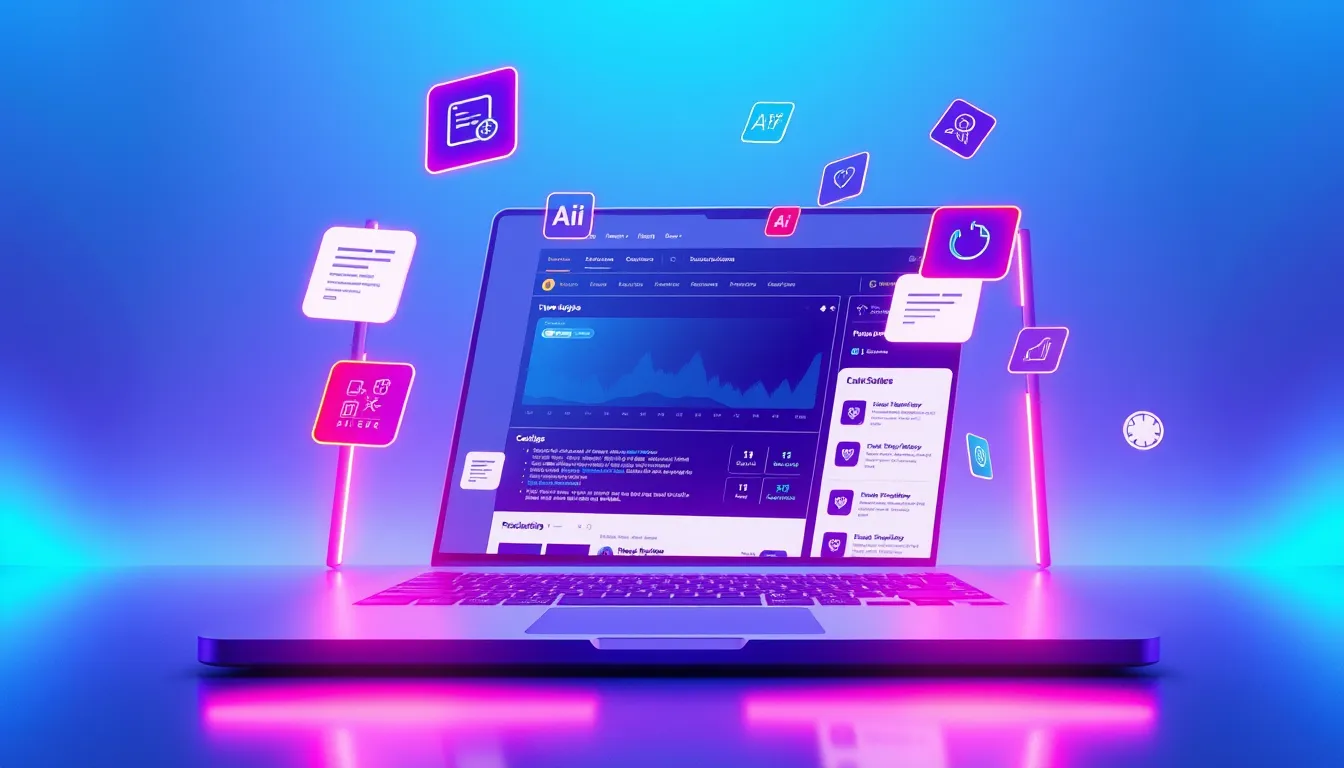Artificial intelligence is transforming the way developers work, and web development is no exception. From generating clean code snippets to automating design elements and debugging errors, AI tools are streamlining workflows like never before. Whether you’re a seasoned developer or just starting out, learning how to integrate AI into your process can save hours of repetitive work and boost productivity. In this post, we’ll explore how to use AI tools to speed up web development, improve efficiency, and focus more on creativity and problem-solving, the parts of coding that truly matter.

How AI Can Automate Repetitive Coding Tasks
AI can take over many of the time-consuming, repetitive tasks that often slow developers down. From writing boilerplate code to generating basic components and functions, AI-powered tools can handle the heavy lifting so you can focus on logic and creativity. Tools like GitHub Copilot, ChatGPT, and Tabnine can automatically suggest code completions, fix syntax errors, and even generate entire functions based on simple prompts. AI can also assist with formatting, documentation, and code refactoring — tasks that usually eat up hours of development time. By automating these smaller details, developers can maintain cleaner codebases, reduce errors, and speed up project timelines significantly. While human oversight is still crucial, using AI for your workflow helps speed-up development and boost productivity without sacrificing quality.
Improving Website Performance and SEO Using AI
AI is revolutionizing how developers approach website performance and SEO optimization. With the help of intelligent tools, you can now analyze load times, detect bottlenecks, and automatically optimize images, scripts, and server responses for faster performance. AI-powered platforms like Google PageSpeed Insights, NitroPack, or Cloudflare’s AI tools can suggest real-time improvements to increase speed and user experience. On the SEO side, AI tools such as SurferSEO, Frase, and MarketMuse help optimize on-page content by analyzing keywords, search intent, and readability. They can even predict how well your pages will rank and recommend changes accordingly. By combining these AI-driven insights with good coding practices, developers can build websites that not only load faster but also perform better in search results, giving users a smoother experience and businesses a competitive edge.
The Limitations of AI in Web Development
While AI offers impressive speed and convenience, it’s not without its limitations in web development. AI tools can generate code quickly, but they don’t always understand project-specific logic, long-term scalability, or nuanced design goals. This can lead to bloated or inefficient code that requires human correction. AI also lacks true creativity and problem-solving intuition, it works best with clear instructions but struggles with abstract or innovative ideas. Security and data privacy are additional concerns, especially when using cloud-based AI platforms that process sensitive information. Moreover, overreliance on AI can hinder skill development, as developers might depend too heavily on automation instead of improving their own coding abilities. In short, AI is a powerful assistant, but it’s not a replacement for human expertise. The best results come from using AI as a supportive tool, guided by a developer’s experience, judgment, and creativity.
Conclusion
AI is reshaping web development by automating repetitive tasks, improving performance, and streamlining workflows. However, it’s most powerful when paired with human creativity and expertise. By using AI as a supportive tool rather than a replacement, developers can build smarter, faster, and more efficient websites without losing the human touch.

